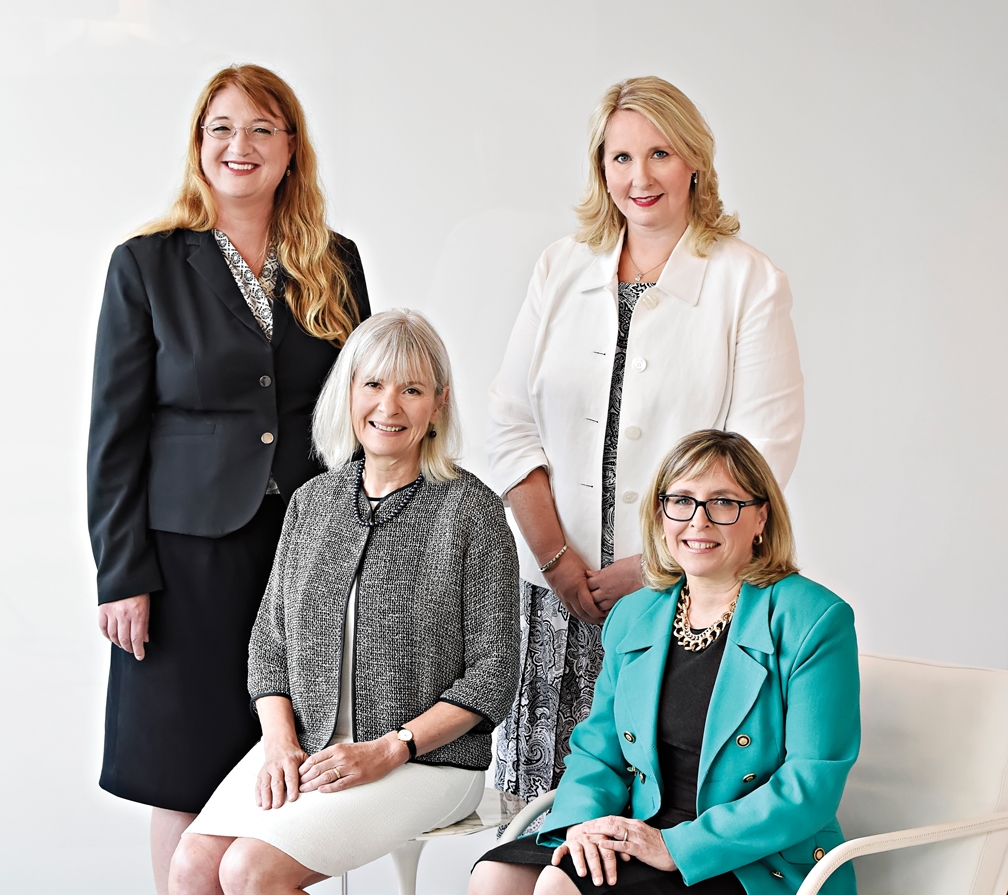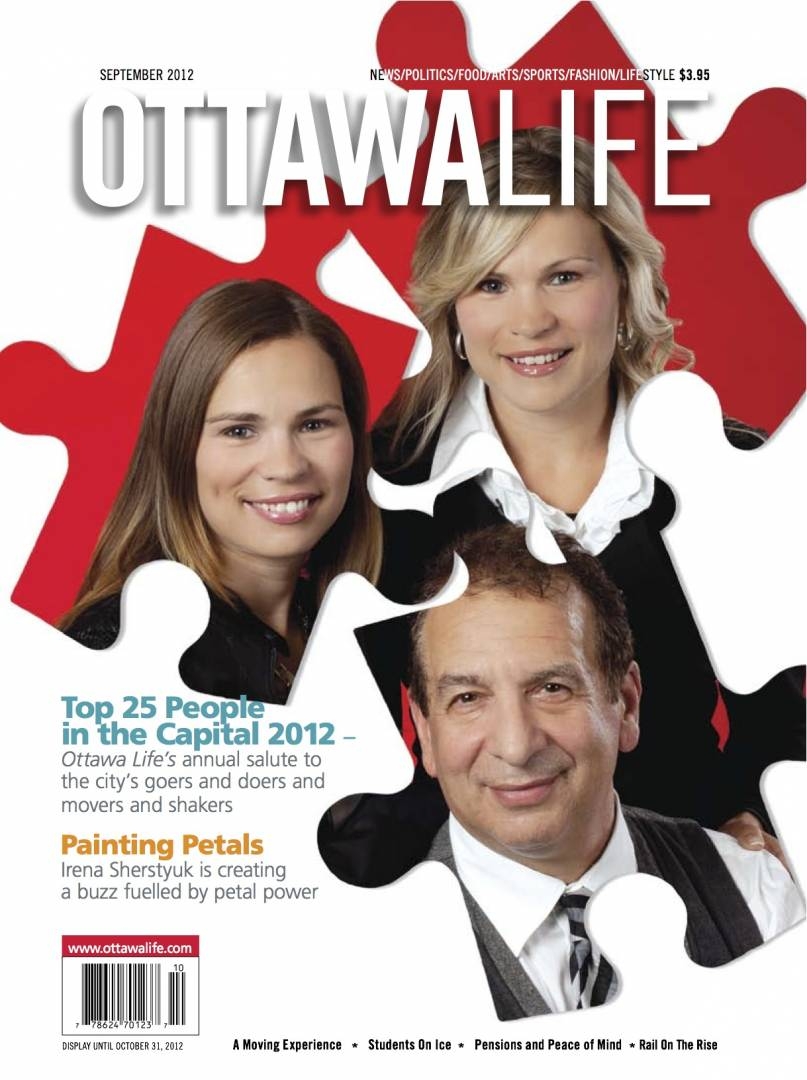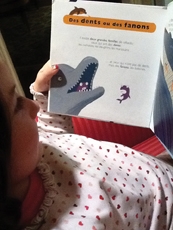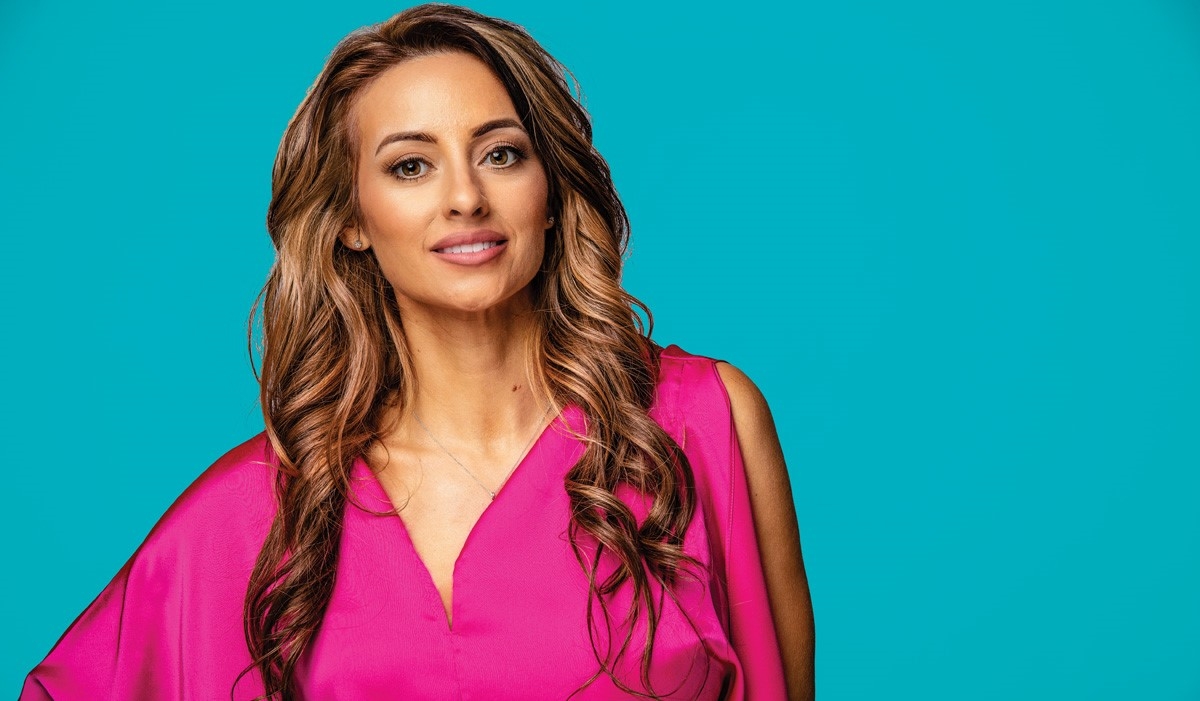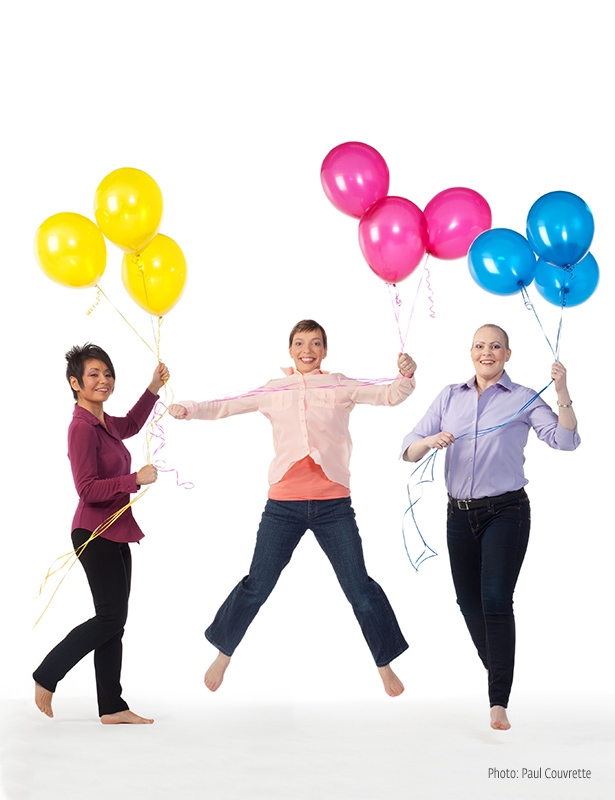
Haven of Hope: Ottawa Integrative Cancer Centre
Maybe you have a cough that won’t go away, or maybe a lump appears in your breast. You head to your doctor to get checked out, just to be on the safe side, hoping to be told it is nothing to worry about. Instead, tests you hoped were just routine come back positive and possibly your worst nightmare is confirmed: cancer. Now what?
Surgery, radiation therapy, chemotherapy or hormonal therapy that all aim to attack or remove the cancer await you and with them, a world with dizzying procedures and terminology. That’s just to deal with the tumour. What about the rest of you? What about your mind, spirit and psychological wellbeing? The good news is there is a place you can go, an oasis that can help you every step of the way, wherever you are on the cancer journey. It is a not-for-profit, and is the first of its kind in Central and Eastern Canada, right here in Ottawa: the Ottawa Integrative Cancer Centre (OICC).
The goal of the OICC is simple: to improve the quality of life for those touched by cancer, and to extend life where possible, by providing complementary treatments alongside conventional care. To the uninitiated, the word “complementary” may set off alarm bells, some kind of “out there” type of new age thing involving unknown rituals or strange concoctions claiming to cure. The fact of the matter is nothing could be further from the truth. Complementary care provided through the OICC is not “alternative” to conventional treatments. Complementary is exactly what it suggests: in addition to, not a replacement. In fact, the OICC has been researching the effectiveness and safety of complementary and integrative therapies, nurturing relationships and building bridges with conventional cancer care providers to offer patients and their families the best environment for healing.
While conventional care fights the cancer by taking a traditional approach to treatment, complementary care works with the patient as a whole, which includes care for the mind, body and spirit, encompassing all aspects of the person.
Patients are welcomed by the OICC at any stage of cancer, with or without a referral. Some seek out the Centre at the time of their initial diagnosis; during active conventional treatment; or to help prevent recurrence; and in advanced cases of metastasis. The Centre’s clinical care helps to improve quality of life and extend life where possible by reducing side effects associated with conventional treatment and by supporting the immune system. Specific therapies include naturopathic medicine, integrated medical care, nutritional counselling, exercise, yoga, acupuncture, physiotherapy, massage and lymphedema therapy and, of course, there is also the critical psychological support the patient receives to assist with navigating through cancer.
The Centre covers the gamut and works with patients, exploring their experiences and feelings, such as motivation, fear, anxiety, and finding meaningfulness in the experience. Dealing with cancer at any stage is an emotionally complex process. The Centre deals with it all, the positive and the negative. OICC’s psychotherapist Jennifer Turner states “when you are afraid of dying, there is nowhere to offload that. You are told to be positive. But we say, who are you and what are your needs? We give them space to explore it.” It is about helping to restore the whole-person not only physically, but emotionally and spiritually, wherever that person finds him/herself on the journey. That is the ethos of the Centre. Sarah Young, programs and outreach coordinator at the Centre, explains the programming and therapies that patients receive at the OICC help them become stronger, and better able to face the challenges of chemo and other treatments, and, that the outreach initiatives to conventional medicine are enhancing patient care overall in the Ottawa region. “We collaborate with associations specific to cancer, palliative care groups, community health care centres, and hospitals, to build bridges where possible. We’ve attended grand rounds, and reached out to oncology nurses, letting them know we are here to help. We want to build awareness and strive to work together with our patients and their traditional cancer care providers.”
Young says while there remains a learning curve to overcome, support for our model of care is increasing as medical doctors and other traditional practitioners are being exposed to the Centre’s work and are seeing the effects on patients. “We actually have oncologists now who encourage our work. We’ve started sending clinical notes back to the oncologist, which engenders a sense of trust and mutual understanding.” There are still skeptics out there but the fact is, “those individuals don’t know enough about what we do. We are working on that. It’s almost case by case.”
It’s always tough when you are breaking new ground. The OICC really is a trailblazer and its outreach is working as the incredible effects on improving patients’ lives are becoming more known. Dr. Colin Carrie, Parliamentary Secretary to the federal Minister of Health is very supportive. Carrie stated that “the positive impact that Ottawa Integrative Cancer Centre practitioners have on improving the quality of life of those touched by cancer cannot be overstated.”
That said, there is no greater testament to the work at the OICC than hearing from the patients themselves.
Colleen Kanna, who battled breast cancer and went to the Centre at the end of her conventional treatments, says that “the OICC was a lifeline for me and my family. What caught me by surprise was how difficult it was after all my treatments were done. With chemotherapy, surgery and radiation all behind me, I somehow thought I would instantly be all better and could get on with my life. Boy, was I wrong. I felt lost, like “What now?” Everyone thinks you’re all better and why wouldn’t they. You’re done all your treatments, your hair has grown back, you have eyebrows again, you don’t look sick anymore. But the reality is you’re not all better. You still have all these lingering side effects and the emotional aftermath to deal with and there’s still the worry and fear. Did they get it all? Will it come back?
“Fortunately for me, the OICC opened in Ottawa just as I was coming off treatments. I learnt about all the complementary therapies that are available for cancer patients under one roof at the OICC. And I thought “This is perfect.” The OICC really helped me get through that difficult time. I began to see a massage therapist to help me with mobility issues and scar tissue from surgery. I started seeing a naturopathic doctor who prescribed supplements to deal with lingering side effects. I met with a nutritionist who helped me with the type of diet I should be eating and because my husband does most of the cooking (lucky for me), he came to a session as well.
“The OICC treats the person not just the cancer. They understand what you are going through…the fear, the worry, the pain, the side effects. They help empower you to gain some control over what is happening to you at a time when it all seems so out of control.”
The profile of patients has changed since the Centre first opened their doors in 2011. At that time, people arrived with advanced cancers looking for last-minute fixes, grasping for straws. However, over time, the Centre has been seeing a broader range of patients. Some arrive immediately after diagnosis while others are well into treatment or are nearing the end of their journey and just feel lost. But it doesn’t matter when they walk through the doors. They get the care they need. The vast majority of patients (as in 70 per cent) are women over the age of 45. For the most part they are breast cancer patients (40 per cent) and then lung and colon cancer patients. Patients with lymphomas, leukemias, gastrointestinal, ovarian, pancreatic, and liver cancers are also commonly seen at the OICC.
Not only can a cancer diagnosis leave a person feeling helpless, but there can be a huge waiting period from the time of diagnosis to the start of conventional treatment. For some, it is as much as 4-10 weeks. During this time there is a lot they can do to prepare themselves for the journey. Empowerment. That is actually one of the key elements of complementary care and helps the individual tackle the plethora of issues that must be faced. Ultimately, it is about helping cancer patients to physically cope better with the side effects from treatment with less pain, nausea and fatigue. Emotionally, it’s about ensuring they feel supported, listened to, and not alone.
Kanna added, “I would absolutely recommend complementary care for anyone facing a cancer diagnosis. Had the OICC been around when I was first diagnosed, I would have taken advantage of more complementary therapies. I believe it would have helped me get through the chemotherapy without as many side effects. My advice would be to start complementary care sooner rather than later. It can not only help with the side effects from conventional treatment, but also strengthen your immune system, soothe your mind, and lift your spirits.”
Here is part of the story of Jennifer Miriguay, who has lived with cancer since 2009. Her battle continues and she is currently in treatment.
“I didn’t check the OICC out until I was re-diagnosed with Stage 4 cancer in May 2012. And it is a regret of mine that I didn’t seek out the OICC earlier because it truly has been the missing piece of the puzzle I was looking for to fight this disease. Without a doubt, making that appointment with the OICC to seek their advice and treatments was a watershed for me. It has allowed me to take back some control from a disease that loves to be in the proverbial driver’s seat.
“The OICC has given me renewed hope and an assurance that I’m doing everything I possibly can to fight this disease. I first met with Dr. Dugald Seely in August 2013, and left that appointment completely enlightened. For the first time, I finally felt armed with information, a new approach, several suggestions for a new way of eating, and how certain supplements could boost my immune system and help me sleep. It was a complete “aha” moment for me because in all the years I had been receiving traditional treatment, no one had ever advised me on what I should be eating or taking to give my body that fighting edge.
“After a couple of visits with Dr. Seely (see Ottawa Life December issue for background on Dr. Seely’s work) on the naturopathic side, I then made an appointment to have acupuncture to help relieve the pain in my hands and feet (called neuropathy) caused by ongoing chemotherapy treatments. My pain is virtually gone now and the relief I feel is amazing.
“In a nutshell, the OICC has unequivocally improved my quality of life and outlook thanks to the combination of naturopathic guidance and acupuncture treatments. And hands down, between the traditional treatment I receive from the Cancer Program and the complementary therapies offered by the OICC, the puzzle is complete.”
Terry Vida contacted the OICC to volunteer and to help support the Centre as soon as she heard of its opening in Ottawa. When Vida went through her experience with cancer, the OICC had not yet opened its doors. And yet, instinctively, she incorporated complementary care into her fight. In addition to her oncologist, she had her own team that included a naturopathic doctor, trainer, counsellor, acupuncturist, and a wellness coach. She had already been seeing a naturopathic doctor for 12 years and so it was just natural for her to continue. She credits complementary care for much of her pain relief and helping keep her body strong and able to fight off the disease and cope with side effects of conventional care. “I am a very strong believer in complementary care. I see a place for it working in tandem with conventional care. That was always part of the plan for me. I felt that this team would get me through.” She was right.
Mind, body, spirit. Together with traditional cancer care providers, the OICC is helping an increasing number of patients to better cope with this debilitating disease. Three women, three different stories, and for each woman, there is the same outcome from complementary care: a feeling of healing and inner peace, regardless of where they are on their journey. By bringing all the pieces of complementary care together and available under one roof, the OICC tactic is unbeatable and is truly a haven of hope, peace and healing.

